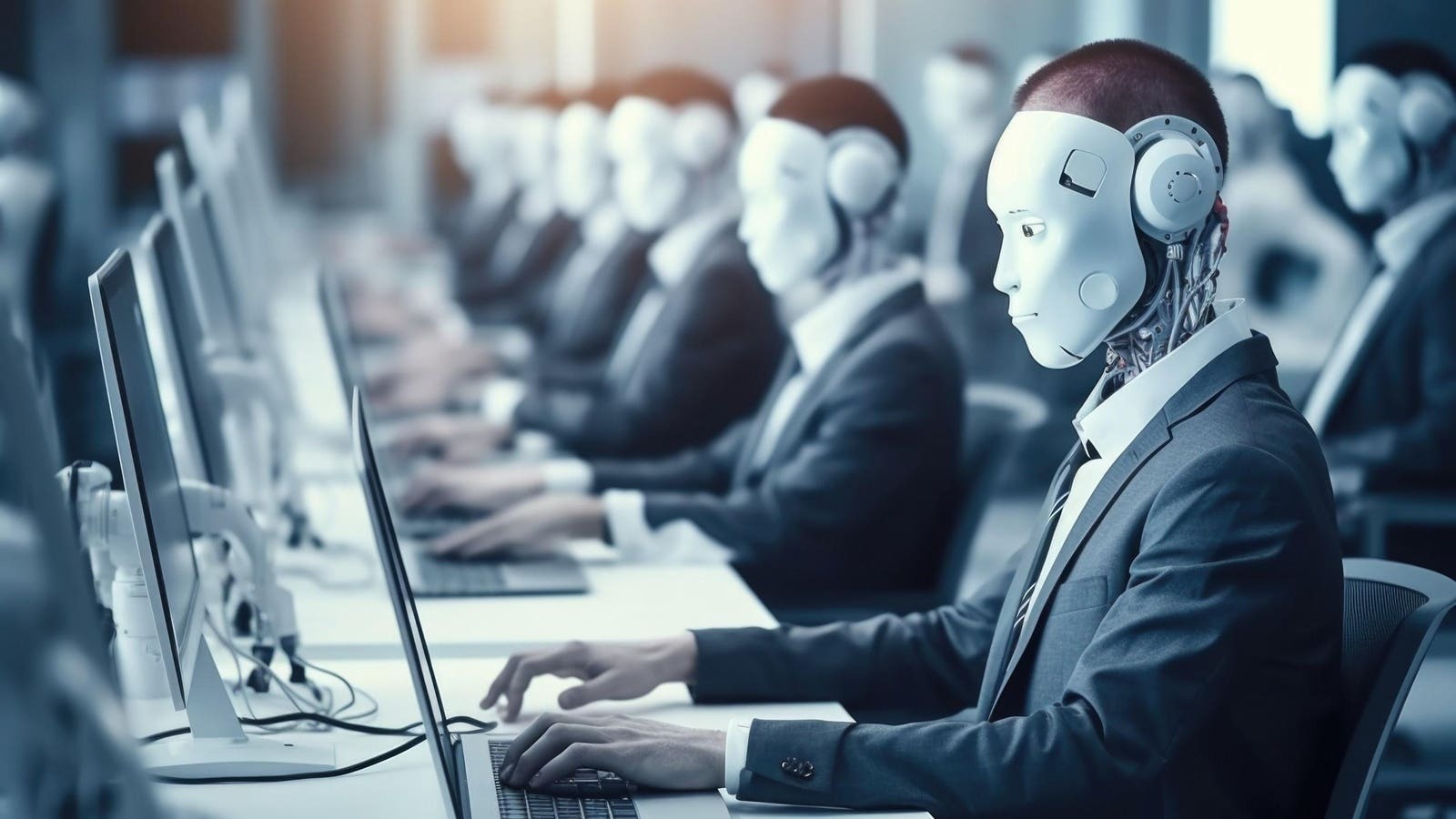
Interested in artificial intelligence and its prospects? Place a few successful online sports betting and read up on whether humans should be afraid of such a competitor.
Recent studies have shown that around 70 professions could be completely replaced by artificial intelligence in the near future. Sounds a bit scary, right? But let’s take a closer look at which jobs are at risk and how exactly AI plans to handle them.
1. Call Center Operators and Customer Support Agents
You’ve probably already talked to voice assistants when calling your bank or internet provider. These used to be basic robots with pre-recorded phrases. But now — they’re advanced, talkative AIs that understand your question, can crack a joke, and solve your issue quickly. They don’t get tired, annoyed, or ask for vacation. That’s why experts believe this profession will soon become rare.
2. Translators and Editors
AI already knows how to translate between languages. It’s not perfect yet — especially with complex literature — but it’s learning to understand context, tone, and even humor. Today, tools like DeepL and Google Translate can help you during an interview, when traveling, or chatting with foreigners. Editing tools like Grammarly are also doing more and more — from spotting errors to improving writing. So AI is already crowding into this field too.
3. Entry-Level Lawyers
Legal work may seem complex, but a lot of it involves research, document checks, and analyzing standard contracts. And AI can do all of this faster and without mistakes. Some systems already review legal documents for risks or inconsistencies. While it won’t replace attorneys just yet, it can definitely take over the role of legal assistants.
4. Accountants and Financial Analysts
Invoices, spreadsheets, reports, taxes — all within AI’s reach. Ai dubbing online can instantly process huge volumes of data, find mistakes, calculate profits, and even predict financial risks. Many companies are already using AI to automate their accounting. Traditional accountants may soon become a thing of the past.
5. Drivers and Couriers
You’ve likely heard about self-driving cars. They’re already on the roads in some countries. And what about delivery? Drones, wheeled robots, and automated carts — all of these are replacing human couriers and drivers. Yes, human oversight is still needed, but AI is learning fast. It “sees” the road through cameras, analyzes the situation, and makes decisions.
6. Cashiers and Waiters
Self-checkout machines are already common in supermarkets. In cafes, you can order using tablets without speaking to a waiter. Imagine walking into a restaurant, placing your order on a screen, and having it cooked by a robot chef controlled by AI. Sounds like sci-fi? It’s already real in some countries!
7. Teachers and Tutors
Don’t worry — human teachers aren’t going anywhere just yet. But AI is already handling supporting roles. It can explain a topic, offer quizzes, and adjust to a student’s pace. Platforms like Khan Academy, Duolingo, and ChatGPT are the future of “smart tutoring.” They’re available 24/7, don’t charge by the hour, and can teach millions.
8. Journalists and Copywriters
This article, by the way, was also written by artificial intelligence.
AI can write news, create reviews, and generate creative texts. Sure, humans still have the upper hand when it comes to emotion, intuition, and lived experience. But simple texts like product descriptions, short news pieces, or ad slogans — AI has already mastered them.
9. Designers and Artists
Even creativity is now under threat. AI can create images, logos, book covers, 3D models. Tools like Midjourney and DALL·E can draw based on a description: just write what you want to see, and a second later — it’s done. This won’t replace real artists, but for business, it’s fast and cheap.
What’s Next?
No need to panic. Yes, AI is taking over some jobs. But at the same time, it’s creating new ones. We’ll need people who can manage, train, and configure AI. And we’ll still need people who can do what machines can’t: feel, dream, and inspire.
The future isn’t about “humans vs. AI,” but rather a partnership. Humans + AI = a powerful team. The main thing is not to fear change, but to learn and stay flexible. Because those who adapt quickly will be the ones in demand tomorrow.
So instead of being afraid — think about this: how can I use AI to my advantage? Maybe it won’t take my job away, but become my best assistant?